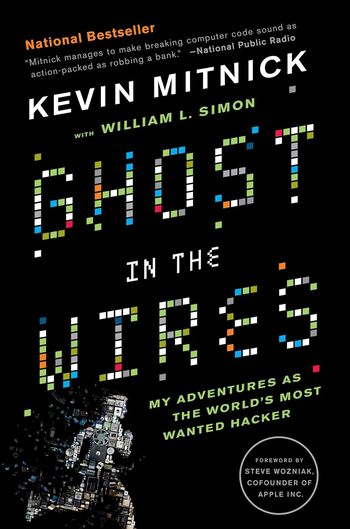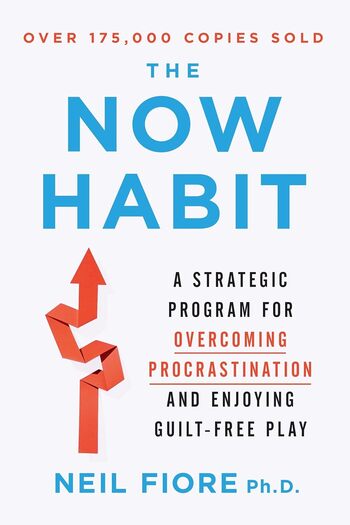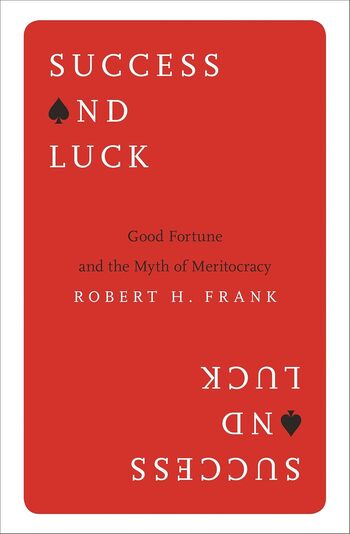
On Liberty is a philosophical work by John Stuart Mill that explores the nature and limits of the power that society can legitimately exert over the individual.
Main Lessons
- The concept of liberty and its essential role in human progress.
- The harm principle, suggesting individuals are free to act unless they harm others.
- The importance of individuality as a component of well-being.
- Freedom of speech as a necessary condition for social and intellectual progress.
- A critique of societal norms and ‘tyranny of the majority’.
- The balance between authority and individual freedom.
- Mill’s argument for moral and intellectual autonomy of individuals.
- Encouragement of diversity of opinions and lifestyles.
- Exploration of the limits of society’s control over personal conduct.
- The necessity of protecting eccentricity and opposing conformity.
- Discussion on the role of government in personal and economic affairs.








